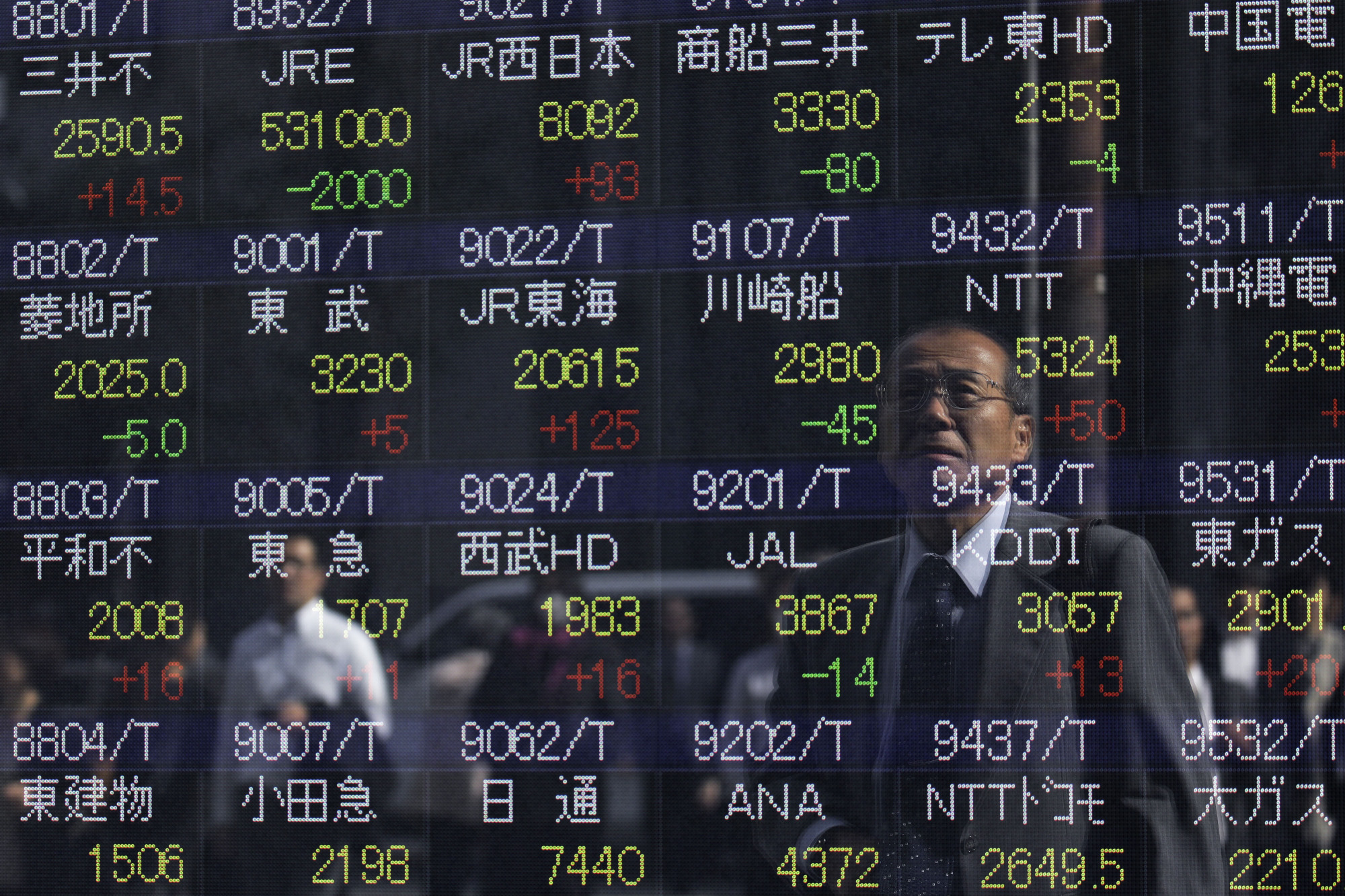Japan Inc. is extremely rich. In fact, companies listed on the Tokyo Stock Exchange just set a new world record. They now own cash worth more than 140 percent of Japan's gross domestic product. This is more than three times higher than the 43 percent of U.S. GDP equivalent held in cash by American companies. More importantly, Japan's corporate cash reserves have surged by more than one-times GDP over the past 10 years. How — or whether — this enormous corporate liquidity pool will be deployed and invested holds the key to Japan's future growth and prosperity.
The good news is that this is a great problem to have. Yes, we can decry the fact that Japan's GDP could have doubled in the past decade — if only the rich listed companies had reinvested their profits back into the economy rather than put them into bank vaults. But no, in reality corporate Japan has done well and acted entirely rationally. Make no mistake — the enormous cash reserves now built put Japan Inc. in a position of huge potential future strength. Sooner or later, today's idle cash surplus becomes tomorrow's war chest to help win in the global competitive race.
Meanwhile, Japanese politicians have started to criticize companies for not investing more or for not paying higher wages. This sounds good, but unfortunately it says more about the politicians' lack of faith in today's global market economy than about the quality of corporate leadership and stewardship. Why? Because it is easily forgotten that companies listed on stock exchanges — i.e., the ones with the huge surplus cash balances — are large, global and very much incentivized to act in the best interest of their various stakeholders — employees, suppliers, shareholders and community/society.

















With your current subscription plan you can comment on stories. However, before writing your first comment, please create a display name in the Profile section of your subscriber account page.